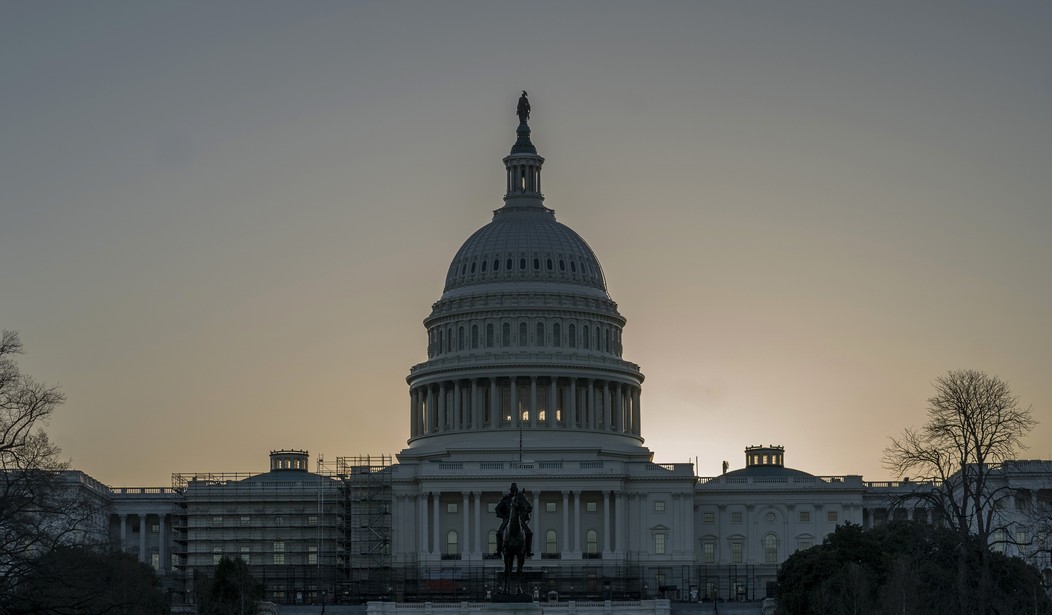On March 24, the U.S. House of Representatives—for the first time in recent memory—stood with parents. H.R. 5, Louisiana Congresswoman Julia Letlow’s bill “The Parents Bill of Rights Act,” provides concrete protections for parents of children in our nation’s taxpayer funded, public schools. Although it is now pending in the U.S. Senate, House passage alone sends a powerful message that Congress stands with parents in protecting their precious children. We call on the U.S. Senate to pass H.R. 5 and send it to the president’s desk.
H.R. 5 has great language in it for parental rights. But there is something even more significant tucked away in this bill.
The original bill was good. But as it was going through a markup in the House Education and Workforce Committee, I and several other attorneys in various organizations working on parental rights issues realized that the bill was missing something critical: Congress was missing an opportunity to put a stake in the ground, a marker, that parental rights are fundamental.
We took immediate action. Working with our allies, we reached out to staff and members of Congress. We provided language from key U.S. Supreme Court rulings to buttress our call for an amendment to H.R. 5. And Congress listened. In the final version that passed the U.S. House of Representatives, this powerful language was included in the Manager’s Amendment brought by Congresswoman Virginia Foxx of North Carolina: “It is the sense of Congress that … parents have a fundamental right, protected by the U.S. Constitution, to direct the education of their children, and the strict scrutiny test used by courts to evaluate cases concerning fundamental rights is the correct standard of review for government actions that interfere with the right of parents to educate their children.”
Recommended
This was a huge victory. It correctly reminds elected officials, judges, bureaucrats, and, yes, public school teachers and administrators, that parental rights predate government—they are fundamental. Our Founders writing in the Declaration of Independence understood this precious right of parents raising their children as one of the “inalienable rights” with which “we are endowed by our Creator.”
And on top of this, Congress correctly specified that “strict scrutiny,” or the highest level of judicial review, is required whenever a parent files a lawsuit against a government actor to protect parental rights. “Strict scrutiny” means the government must show that it has a compelling state interest in the action, and that it is achieving that compelling state interest through the least restrictive means as applied to the individual. Very few governmental actions can meet this high standard.
We were thrilled that Congress passed H.R. 5. But this language added on the floor of the U.S. House was the icing on the cake. It is similar to the Parental Rights Amendment to the U.S. Constitution, introduced by Representative Debbie Lesko of Arizona, which is our long-term solution to protect parental rights for generations to come. But until that Amendment to the Constitution is ratified, rest assured that we—and our allies across the nation representing parents and families against government overreach—will rely on this sense of the Congress as one more tool in our arsenal for freedom to show why the best way to protect our precious children is by empowering parents.
William A. Estrada is a husband, dad, attorney, and the President of ParentalRights.org and the Parental Rights Foundation, two nationwide nonprofits headquartered in Loudoun County, Virginia that have advocated at the local, state, and federal level for the last sixteen years to protect children by empowering parents.

























Join the conversation as a VIP Member